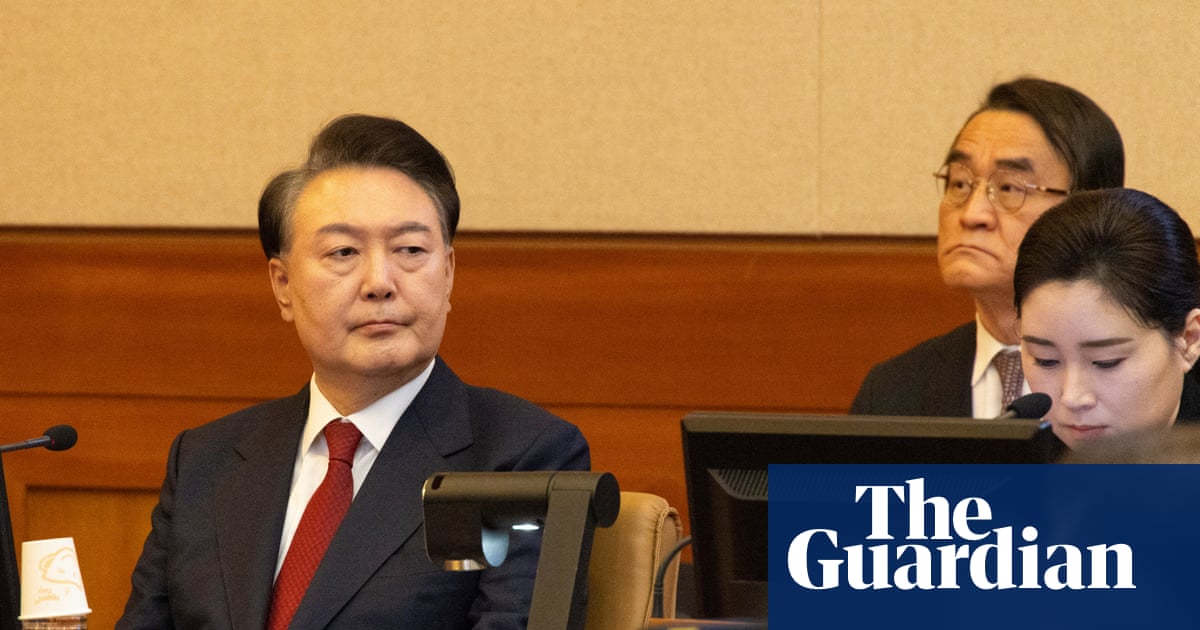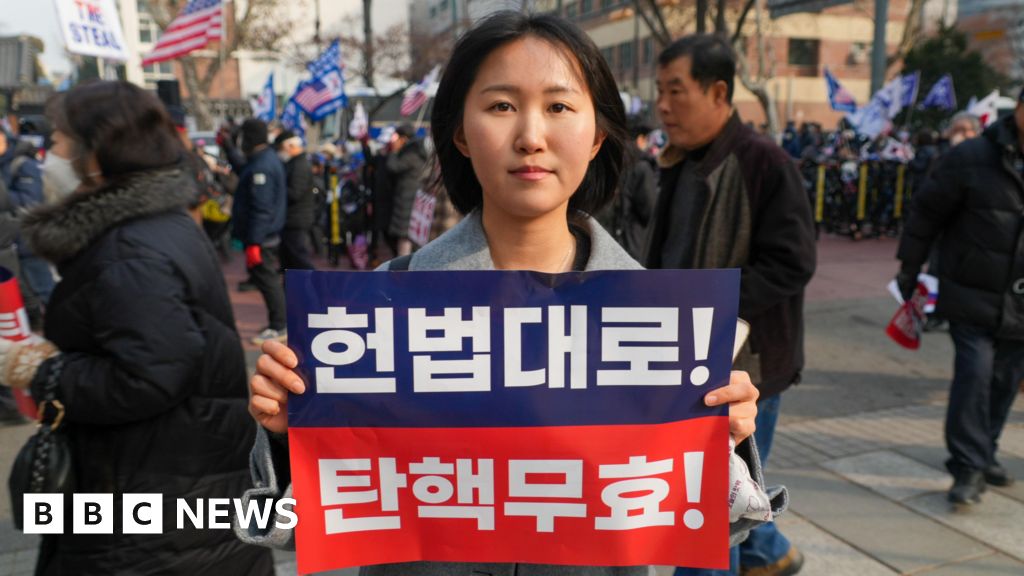South Korean President Yoon Suk Yeol Faces Court Over Martial Law Controversy
President Yoon Suk Yeol appears in court challenging rebellion charges linked to his brief martial law declaration, intensifying South Korea's political turmoil and division.
Subscribe to unlock this story
We really don't like cutting you off, but you've reached your monthly limit. At just $5/month, subscriptions are how we keep this project going. Start your free 7-day trial today!
Get StartedHave an account? Sign in
Overview
South Korea's suspended President Yoon Suk Yeol faces criminal charges of insurrection linked to a brief martial law declaration in December. His arrest has sparked protests and heightened political tensions, as he argues the martial law was a necessary warning against a perceived leftist threat. The court hearings mark a significant moment in South Korea's democracy, with opposition leaders questioning the legitimacy of Yoon's claims of a North Korean infiltration in domestic politics. Amid heightened security and public unrest, the Constitutional Court deliberates Yoon's impeachment, which has plunged the country into chaos.
Report issue

Read both sides in 5 minutes each day
Analysis
Analysis unavailable for this viewpoint.
Articles (4)
Center (2)
FAQ
President Yoon Suk Yeol declared martial law in an attempt to consolidate power and address what he perceived as a threat from the liberal opposition, accusing them of sympathizing with North Korea and paralyzing the government.
The public reacted with widespread protests, while political leaders from all parties defied the move, leading to a unanimous vote in the National Assembly to reject martial law. This resulted in the army retreating from the National Assembly.
The U.S. public is divided on how to respond, with some advocating for neutrality and others for opposition. Officially, the U.S. did not condemn the move but welcomed its rescission, highlighting concerns about South Korea's democratic stability.
History
- This story does not have any previous versions.


